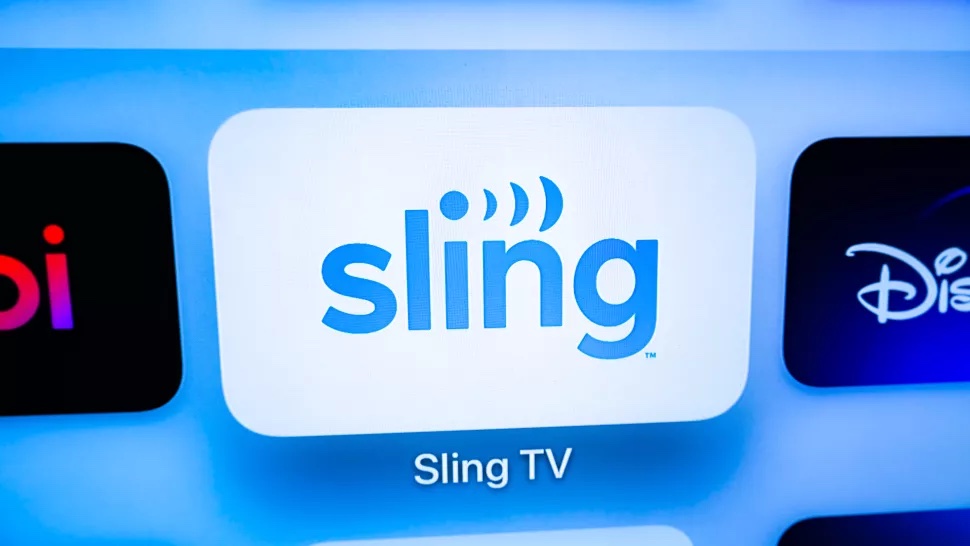Online Security
Explore Online Security
Latest about Online Security

149 million passwords for Gmail, Facebook, Instagram and other popular services exposed online — how to stay safe after this major leak
By Anthony Spadafora published
Millions of logins and passwords have been leaked online after a database containing loads of stolen credentials was left unsecured without a password.

Popular password manager under attack by hackers — don’t fall for these fake backup emails
By Anthony Spadafora published
LastPass users should avoid emails recommending local vault backups, as a new holiday weekend phishing scam is currently targeting master passwords.

Fake Chrome extension ‘breaks’ your computer before it hits you with malware — how to stay safe
By Anthony Spadafora published
Chrome and Edge users are being targeted by a fake ad blocker extension that crashes their browsers and then infects their PCs with malware.

How to remove your home address from the internet — 6 ways to protect your privacy
By Kaycee Hill published
Learn seven effective ways to remove your home address from the internet, including blurring map apps, deleting search results, and cleaning up social media.

Even if you hate Liquid Glass, you shouldn't skip updating to iOS 26 for the sake of your iPhone
By Amber Bouman published
Whether you loathe Liquid Glass or you love it, you still need to update your iPhone to iOS 26.2 to stay safe from hackers.

The best Android antivirus apps in 2026
By Amber Bouman last updated
The best Android antivirus apps can protect you from malware but also offer features like a VPN, password manager, phishing protection and more.

Kaiser Permanente reaches $46 million settlement over data breach — how to file your claim
By Anthony Spadafora published
Kaiser Permanente has settled a class-action lawsuit over claims personal data and health info was exposed through its websites and apps.

This Microsoft Copilot vulnerability only requires a single click, and your personal data could be stolen
By Amber Bouman published
The Reprompt attack uses Copilot to steal victims personal information.
Here at Tom’s Guide our expert editors are committed to bringing you the best news, reviews and guides to help you stay informed and ahead of the curve!
 Club Benefits
Club Benefits







